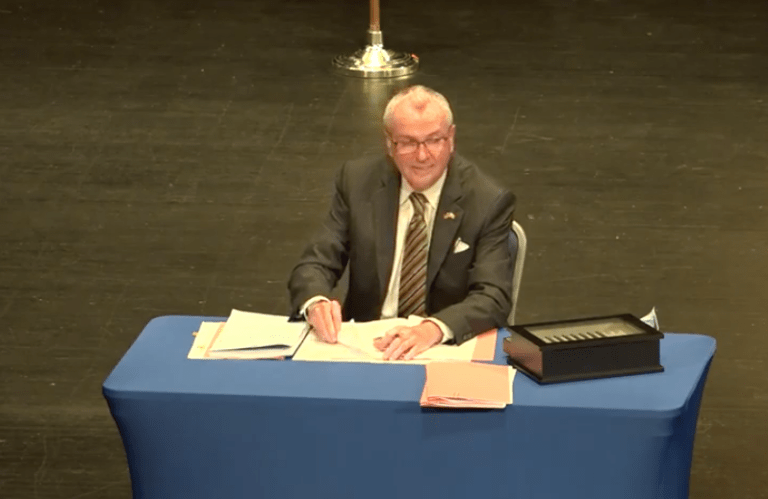By Sydni Dunn
Allison G. Armentrout, an adjunct instructor at Stark State College, doesn’t get paid by the hour. She earns $4,600 to teach two English composition courses. But now she carefully tracks how many hours she works on an electronic time sheet.

Stark State, in North Canton, Ohio, is among a growing number of colleges that have limited the number of weekly hours part-time employees can work to keep them below the level at which employers are required to provide health insurance. Under the new law, which takes effect in January 2014, employees of large companies who work 30 hours or more a week must receive health benefits from their employers. Employers who violate the rule could be fined. Colleges in Ohio, Virginia, New Jersey, and Pennsylvania are among those that have acted in advance.
But adjuncts are rarely paid by the hour. Their salary is based on the number of courses they teach, making it difficult for colleges to determine how many work hours are put into each course.
The Internal Revenue Service didn’t provide a formula to calculate the workload of adjuncts when the law’s proposed rules were announced in January. It simply advised universities to “use a reasonable method for crediting hours of service,” adding that it would not be “reasonable” to take into account “only classroom or instruction time and not other hours that are necessary to perform the employee’s duties, such as class-preparation time.”
The IRS document also stated that “further guidance may be provided,” but gave no indication when that guidance might be coming. The agency has collected more than 500 comments in response to the proposed rules, and it will hold a public comment session on April 23 in Washington.
More>>

